WordPress is the world’s most popular content management system (CMS) and is trusted by millions of website owners worldwide. One of the key reasons behind the success of WordPress is its plugin architecture that allows users to extend the functionality of their websites. While there are thousands of free and paid plugins available on the official WordPress repository, some users may be tempted to use nulled WordPress plugins to save money. However, using nulled WordPress plugins can have serious consequences, including website hacks, data loss, and legal issues. In this article, we will explore what nulled WordPress plugins are, their risks and consequences, and how to protect your website from them.
Understanding WordPress Plugins
Before diving into nulled WordPress plugins, it’s important to understand what WordPress plugins are and how they work. Simply put, WordPress plugins are pieces of software that you can install on your WordPress website to add new features or extend its functionality. There are different types of WordPress plugins, including:
- Functionality plugins: These plugins add new features to your website, such as contact forms, social media sharing buttons, and image galleries.
- Performance plugins: These plugins help optimize your website’s speed and performance, such as caching plugins and image optimization plugins.
- Security plugins: These plugins help secure your websites, such as firewall plugins and malware scanners.
Installing and updating WordPress plugins is a straightforward process, and you can do it directly from your WordPress dashboard.
What are Nulled WordPress Plugins?
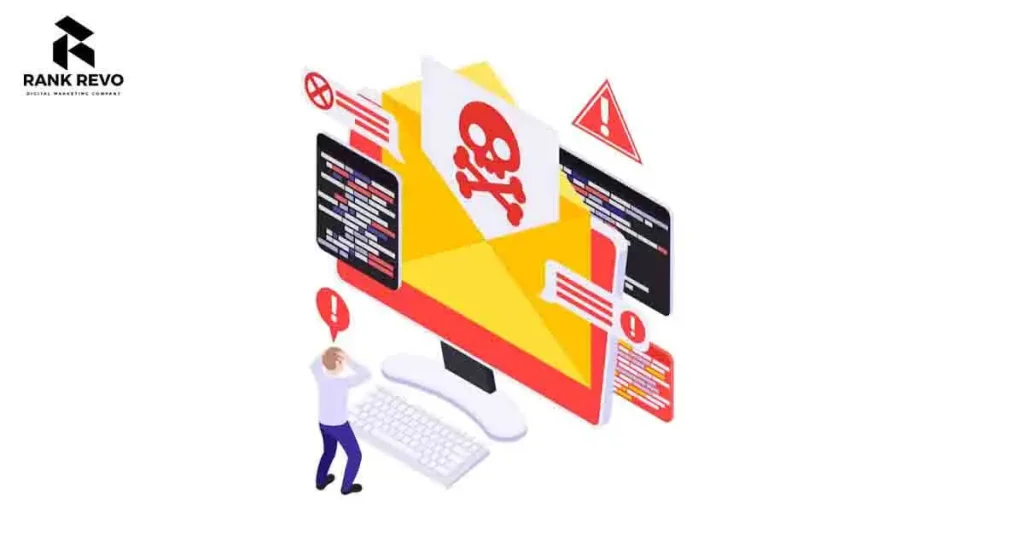
Nulled WordPress plugins are pirated versions of premium or paid WordPress plugins that have been modified to remove the licensing and activation requirements. In other words, they have illegally distributed copies of plugins that are meant to be paid for. Nulled plugins can be found on various websites that offer them for free download, often with the promise of providing additional features or functionality. However, using nulled plugins can put your website at risk and lead to serious consequences.
The Dangers of Nulled WordPress Plugins
One of the main dangers of nulled WordPress plugins is that they can compromise the security of your website. Nulled plugins are often modified by hackers, and these modifications can introduce malware or other malicious code that can infect your website. Hackers can use nulled plugins as a way to gain unauthorized access to your website and steal sensitive information, such as user data or credit card information.
In addition to security risks, nulled WordPress plugins can also negatively impact your website’s performance. Nulled plugins may contain unnecessary code or be outdated, which can slow down your website and make it harder to optimize for speed. Furthermore, nulled plugins may not be compatible with other WordPress plugins or the WordPress core, which can cause conflicts and lead to errors.
Using nulled WordPress plugins can also have legal implications. Piracy is illegal, and using nulled plugins is a violation of copyright law. If you get caught using nulled plugins, you could face legal action and be held liable for damages.
Finally, nulled WordPress plugins can also have a negative impact on your website’s SEO. Search engines like Google prioritize websites that are secure, fast, and up-to-date. Using nulled plugins can harm your website’s reputation and lower its ranking in search results.
Risks of Using Nulled WordPress Plugins
Using nulled WordPress plugins can expose your website to a variety of risks, including:
1. Security vulnerabilities
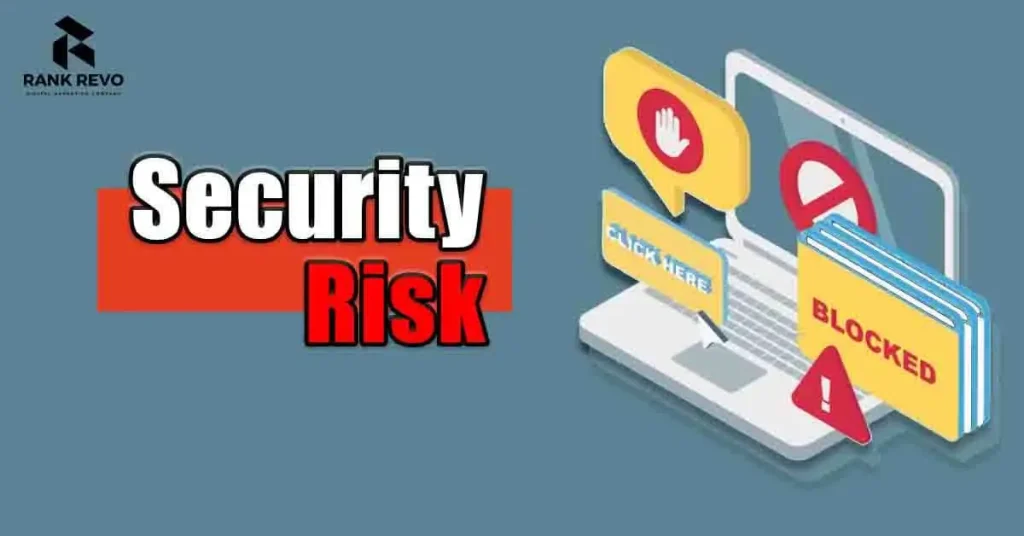
Nulled plugins often contain malicious code that can harm your website and compromise its security. Hackers may insert backdoors, viruses, or malware into nulled plugins to gain access to your website or steal sensitive information such as user data, login credentials, or financial information.
2. Compatibility issues
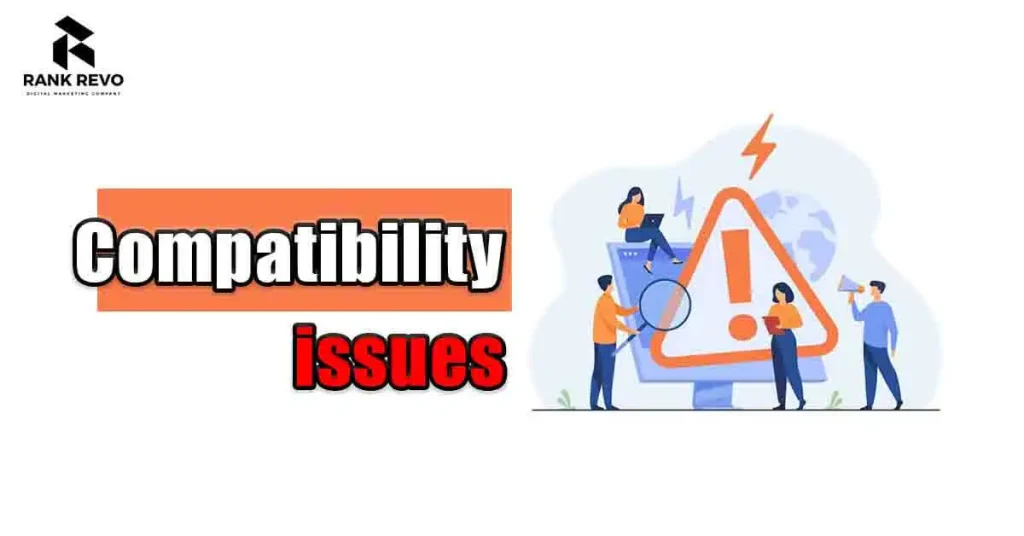
Nulled plugins may not be compatible with your website’s theme or other plugins, leading to conflicts and errors that can affect your website’s performance and user experience.
3. Lack of updates and support
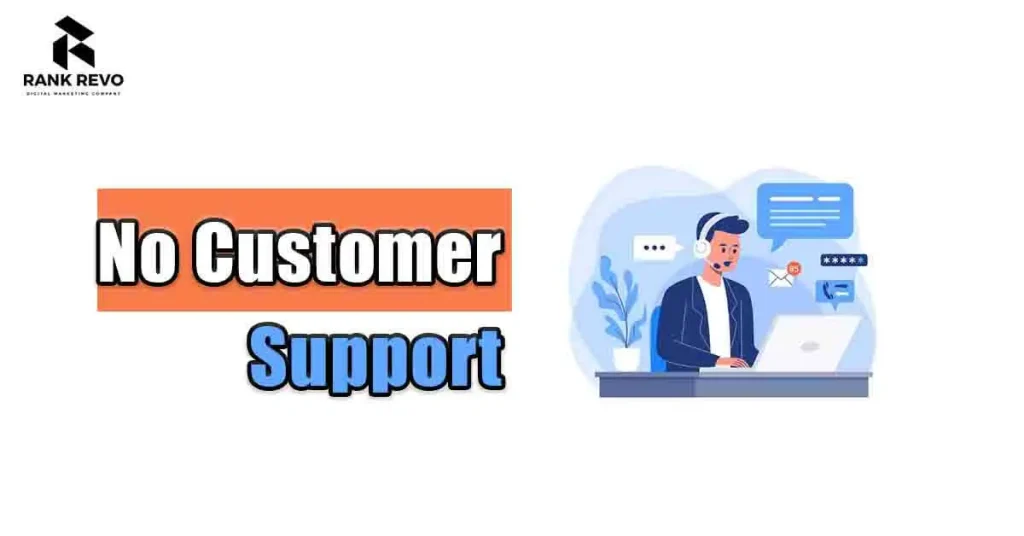
Nulled plugins do not receive updates or support from their developers, which means that any bugs or security vulnerabilities may go unnoticed and unpatched. This can make your website more vulnerable to attacks and hacks.
How to Detect Nulled WordPress Plugins
Fortunately, there are ways to detect nulled WordPress plugins on your website. One way is to manually check the plugin files for any modifications or suspicious code. You can also use tools such as Plugin Detective or WPScan to scan your website for nulled plugins automatically. If you detect a nulled plugin on your website, it’s important to remove it immediately to avoid any security risks or legal issues.
Alternatives to Nulled WordPress Plugins
The best way to avoid the dangers of nulled WordPress plugins is to use legitimate, paid versions of the plugins. While this may require an upfront cost, it is a worthwhile investment to ensure the security and performance of your website.
There are also many free WordPress plugins available that can provide similar functionality to their premium counterparts. These plugins may not have all the bells and whistles of a premium plugin, but they are often updated regularly and can be trusted to be free of malicious code.
Another alternative to nulled WordPress plugins is to hire a professional developer to create custom plugins for your website. This can ensure that your plugins are tailored to your specific needs and are built with security and performance in mind.
Consequences of Using Nulled WordPress Plugins
The consequences of using nulled WordPress plugins can be severe and long-lasting. Some of the potential consequences include:
- Website hacks and data loss: Nulled plugins can be a gateway for hackers to gain access to your website and compromise its security. This can result in website hacks, data breaches, and loss of sensitive information.
- Legal issues: Using nulled plugins is illegal and can result in legal action against you or your website. Developers of premium plugins may sue you for copyright infringement, which can lead to fines, penalties, and legal fees.
- Reputation damage: If your website is hacked or compromised due to the use of nulled plugins, it can damage your reputation and affect your business. Users may lose trust in your website and may be hesitant to share their personal information or make purchases from your website.
How to Protect Your Website from Nulled WordPress Plugins
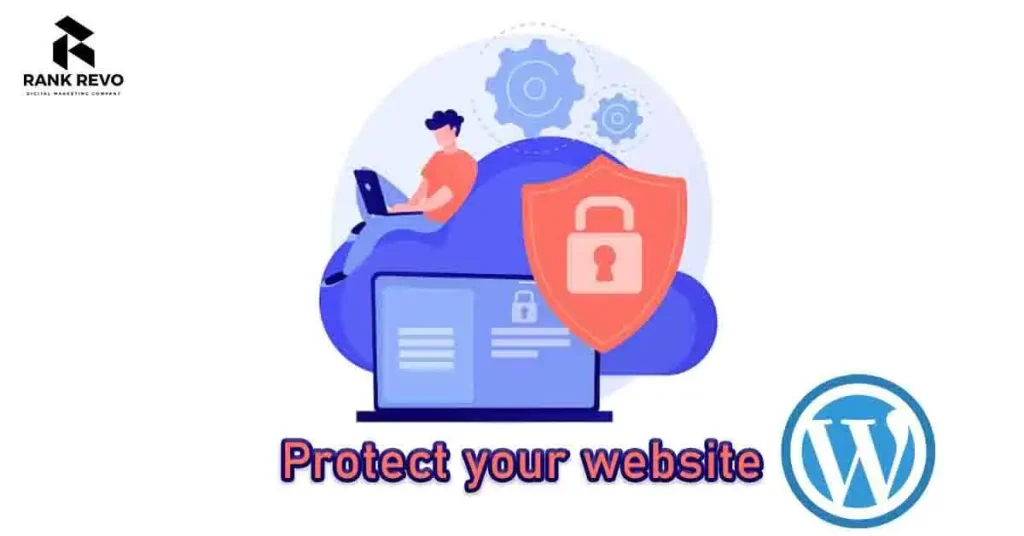
To protect your website from the risks and consequences of nulled WordPress plugins, you should follow these best practices:
1. Use only trusted and reputable sources
Download plugins only from trusted and reputable sources such as the official WordPress repository or the plugin’s developer website. Avoid downloading plugins from unknown or untrusted websites that offer nulled plugins for free.
2. Use only licensed and activated plugins
Use only licensed and activated plugins that you have purchased from their official website or a trusted marketplace such as CodeCanyon or ThemeForest. Do not use nulled plugins or plugins with invalid licenses or activation keys.
3. Keep your plugins updated
Make sure that all your plugins, themes, and WordPress core are updated to the latest versions. Updates often contain bug fixes, security patches, and new features that can improve your website’s performance and security.
4. Use security plugins
Install and configure security plugins such as Wordfence or Sucuri that can scan your website for malware, viruses, and other security vulnerabilities. These plugins can also protect your website from brute-force attacks, spam, and other malicious activities.
5. Backup your website regularly
Create regular backups of your website that include your database and files. This can help you recover your website in case of data loss, website hacks, or other disasters.
Conclusion
Nulled WordPress plugins may seem like a quick and easy way to save money, but using them can have serious consequences for your website and business. They can compromise your website’s security, lead to data loss, and result in legal issues. To protect your website from these risks, you should use only licensed and trusted plugins, keep your website updated, use security plugins, and back up your website regularly. By following these best practices, you can ensure that your website remains safe, secure, and reliable.
FAQs
-
Is it legal to use nulled WordPress plugins?
No, it is not legal to use nulled WordPress plugins. It is considered piracy and can result in serious consequences, including legal action and security vulnerabilities on your website.
-
Where can I find reliable and safe WordPress plugins?
You can find reliable and safe WordPress plugins from the official WordPress plugin repository, reputable third-party marketplaces, and directly from the plugin developer’s website.
-
What should I do if I’ve already installed a nulled WordPress plugin?
If you’ve already installed a nulled WordPress plugin, you should remove it immediately and replace it with a legitimate version. You should also scan your website for any security vulnerabilities and take steps to secure your website.
-
Can nulled WordPress plugins cause compatibility issues with my website?
Yes, nulled WordPress plugins can cause compatibility issues with your website, especially when it comes to updates. They may not be tested for compatibility with the latest version of WordPress or other plugins, leading to issues with functionality and performance.
-
Are there any alternatives to nulled WordPress plugins?
Yes, there are plenty of alternatives to nulled WordPress plugins, including free WordPress plugins and premium WordPress plugins that offer affordable licensing options. It’s always better to use a legitimate plugin rather than a nulled one to ensure the security and functionality of your website.


